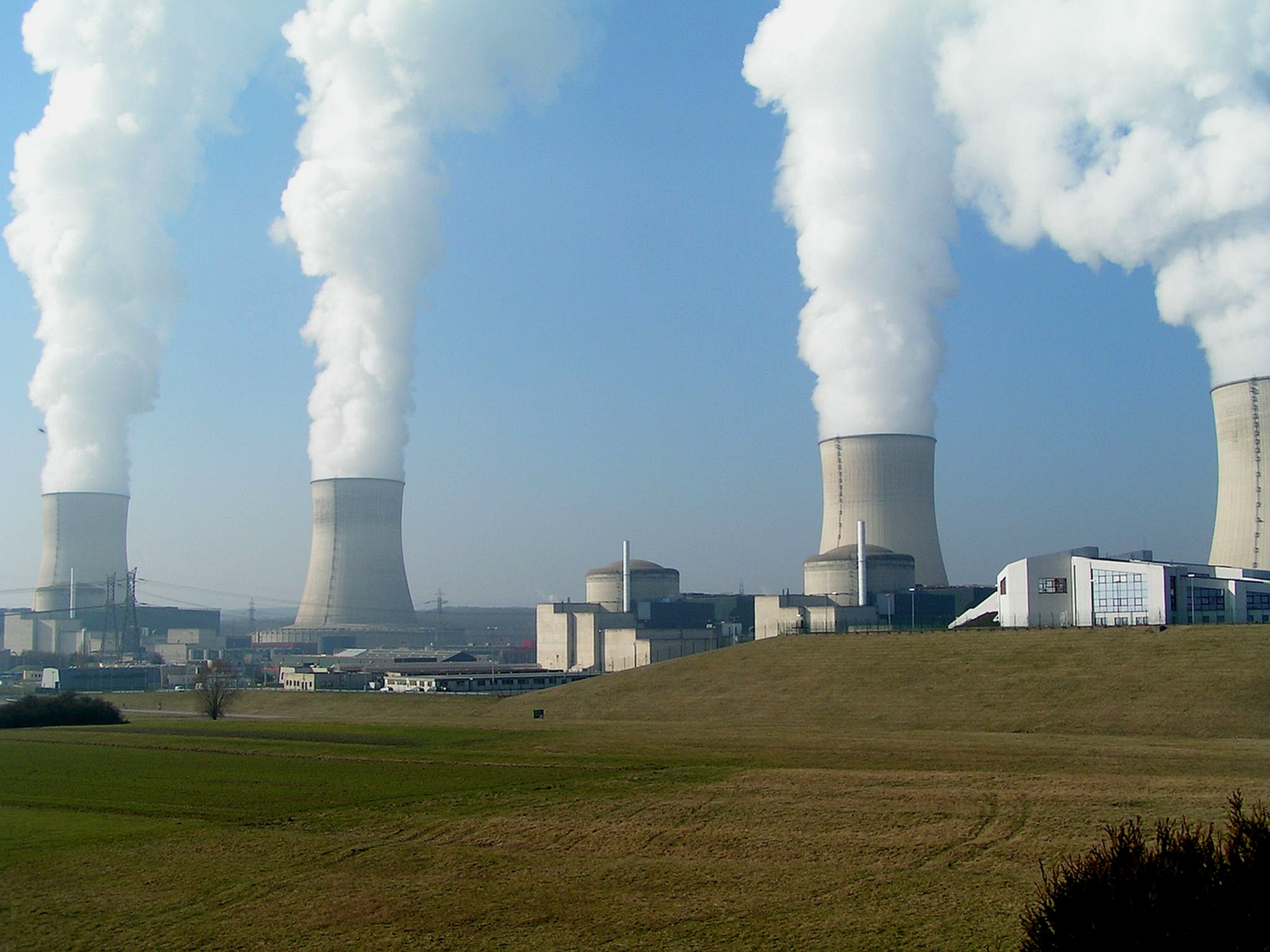In the vast cosmos of academic disciplines, nuclear physics stands as a luminous star, drawing students with the promise of profound knowledge and groundbreaking discoveries. Much like the atoms it studies, this field is both intricate and transformative, presenting a rich tableau of opportunities and challenges for those who dare to enter. The inquiry into whether nuclear physics is a good major transcends mere academic choice; it encapsulates career trajectories, societal impacts, and the very essence of scientific inquiry.
The allure of nuclear physics is akin to standing at the precipice of a waterfall, where potential energy converges into dynamic motion. This field explores the fundamental constituents of matter—the nucleus of atoms—peeling back layers of existence to reveal the underlying frameworks of reality. Those who choose this major embark on a journey filled with the enigmatic dance of subatomic particles, the enigmatic forces that govern them, and the observable phenomena that arise from their interactions.
Intellectual Rigor and Curiosity
Pursuing a degree in nuclear physics requires a robust intellectual arsenal, including a solid foundation in mathematics, chemistry, and classical physics. The curriculum is designed to challenge the mind, pushing students to explore concepts like quantum mechanics, radiation, and nuclear interactions. It requires a commitment to understanding complex theories and applying them to real-world scenarios. For students driven by a sincere curiosity about the laws that govern the universe, this intellectual adventure becomes both rewarding and enriching.
Moreover, nuclear physics serves as a springboard for deeper inquiries into questions that have captivated humankind for centuries. What is the nature of energy? How do particles interact at the most fundamental level? Students are not merely passive recipients of knowledge; they assume the role of active participants in a grand scientific dialogue that has shaped our understanding of everything from the atomic bomb to nuclear medicine.
Versatility of Careers
Graduating with a major in nuclear physics opens myriad doors, allowing individuals to traverse diverse career landscapes. The skills honed during study can lead to roles in academia, where researchers continue the quest for knowledge, developing theories and conducting experiments that push the frontiers of human understanding. Alternatively, graduates may gravitate toward industry, applying their expertise in sectors as varied as energy production, health care, and nuclear safety.
Nuclear physics graduates might find themselves developing advanced medical imaging technologies or engaging in therapeutic techniques that leverage the properties of radioactive isotopes. Indeed, one cannot ignore the critical role that nuclear technology plays in contemporary medicine, where it has revolutionized diagnostics and treatment methods. In this way, the major is not merely an academic pursuit; it transforms lives and contributes to the betterment of society.
The Societal Implications of Nuclear Physics
The ramifications of nuclear physics extend beyond personal career pathways, encompassing pressing global issues such as energy sustainability and climate change. In a world increasingly focused on reducing carbon emissions, nuclear power emerges as a powerful alternative to fossil fuels. This discipline equips students with the knowledge necessary to engage in the debate surrounding energy policy and the ethical considerations of nuclear energy. By understanding the intricacies of nuclear fission and fusion, graduates are well-prepared to contribute to the development of cleaner and safer energy solutions.
Nevertheless, the nuclear discourse is inextricably tied to concerns about safety and environmental impact. The historical narratives of nuclear accidents underscore the importance of rigorous scientific training and ethical deliberation in this field. A major in nuclear physics cultivates a nuanced understanding that empowers graduates to advocate for responsible practices and innovative technologies that minimize risks associated with nuclear energy. This perspective is vital in an era where the consequences of scientific advancements must be judiciously weighed against their benefits.
The Community of Nuclear Physicists
Choosing nuclear physics as a major also invites students into a vibrant community of scholars and practitioners. Collaborations and discussions with like-minded individuals foster an environment rich in intellectual exchange and innovation. Conferences, workshops, and seminars provide platforms for students to engage with leading experts, ensuring that they remain at the forefront of emerging theories and technologies. This communal aspect is crucial for personal and professional development, allowing budding physicists to cultivate networks that may prove invaluable throughout their careers.
Conclusion: A Journey Worth Taking
In summation, nuclear physics stands as a unique and profound academic endeavor that appeals to those brave enough to gaze into the very foundations of existence. The major promises not only rigorous intellectual engagement but also the opportunity to make substantial contributions to myriad fields, from medicine to energy policy. As the universe continues to unfold its mysteries, the role of nuclear physicists becomes ever more significant, and the pursuit of this major reveals an extraordinary intersection of curiosity, challenge, and potential impact.
Ultimately, the decision to major in nuclear physics may be likened to entering a realm where the known meets the unknown, where each moment spent unraveling the complexities of atomic nature brings with it the promise of discovery. For those intrepid students willing to embark on this formidable journey, the rewards—not only in career opportunities but also in personal fulfillment—are as vast as the cosmos itself.












